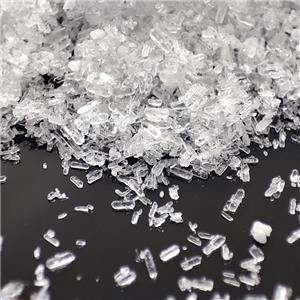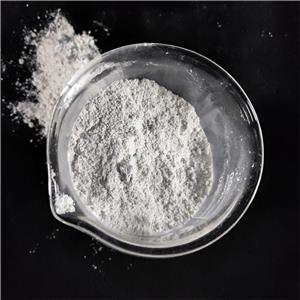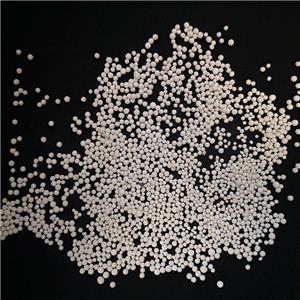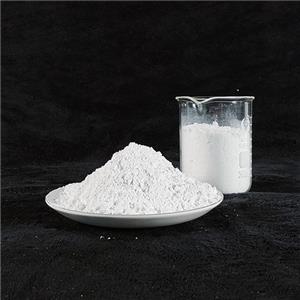Is Magnesium Hydroxide a Good Conductor?-2
Factors Affecting the Conductivity of Magnesium Hydroxide
Several factors can influence the electrical conductivity of magnesium hydroxide, including temperature, pH, and the presence of other ions in the solution.
Temperature
The solubility of magnesium hydroxide increases with temperature. As the temperature rises, more Mg(OH)₂ dissolves in water, producing a higher concentration of Mg²⁺ and OH⁻ ions. This increase in ion concentration leads to a higher electrical conductivity. Therefore, the conductivity of a magnesium hydroxide solution is temperature-dependent.
pH
The pH of the solution also plays a significant role in determining the conductivity of magnesium hydroxide. In acidic conditions, magnesium hydroxide reacts with acids to form magnesium salts and water. For example, when magnesium hydroxide reacts with hydrochloric acid (HCl), the following reaction occurs:
Mg(OH)2+2HCl→MgCl2+2H2OMg(OH)2+2HCl→MgCl2+2H2O
In this reaction, magnesium chloride (MgCl₂) is formed, which is highly soluble in water and dissociates into Mg²⁺ and Cl⁻ ions. The presence of these additional ions increases the overall conductivity of the solution. Therefore, in acidic environments, magnesium hydroxide can contribute to electrical conductivity by forming more soluble magnesium salts.
Presence of Other Ions
The presence of other ions in the solution can also affect the conductivity of Magnesium hydrate. For example, if magnesium hydroxide is dissolved in a solution that already contains a high concentration of ions (such as seawater), the overall conductivity will be higher due to the combined effect of all the ions present. Conversely, in pure water, the conductivity will be lower because the only ions present are those from the dissociation of Magnesium hydrate.
Applications of Magnesium hydrate and Conductivity Considerations
The electrical conductivity of Magnesium hydrate is an important consideration in several of its applications.
Wastewater Treatment
Magnesium hydrate is commonly used in wastewater treatment to neutralize acidic wastewater and remove heavy metals. In this application, the conductivity of the solution is important because it affects the efficiency of the treatment process. For example, in electrocoagulation, a process used to remove contaminants from water, the conductivity of the solution determines the amount of current that can pass through it, which in turn affects the effectiveness of the treatment.
Flame Retardants
Magnesium hydrate is also used as a flame retardant in plastics and other materials. In this application, the conductivity of magnesium hydroxide is less important because the primary function of the compound is to release water when heated, which helps to suppress flames. However, in some cases, the electrical properties of the material may be relevant, particularly if the flame retardant is used in electronic components.
Medical Applications
In medical applications, Magnesium hydrate is used as an antacid to neutralize stomach acid. The conductivity of the compound is not a significant factor in this application, as the primary mechanism of action is the chemical reaction between Magnesium hydrate and stomach acid, which produces magnesium chloride and water.




